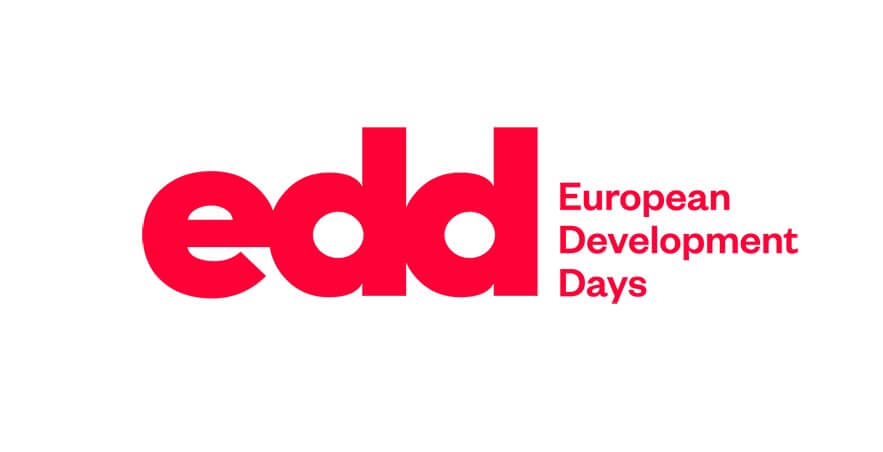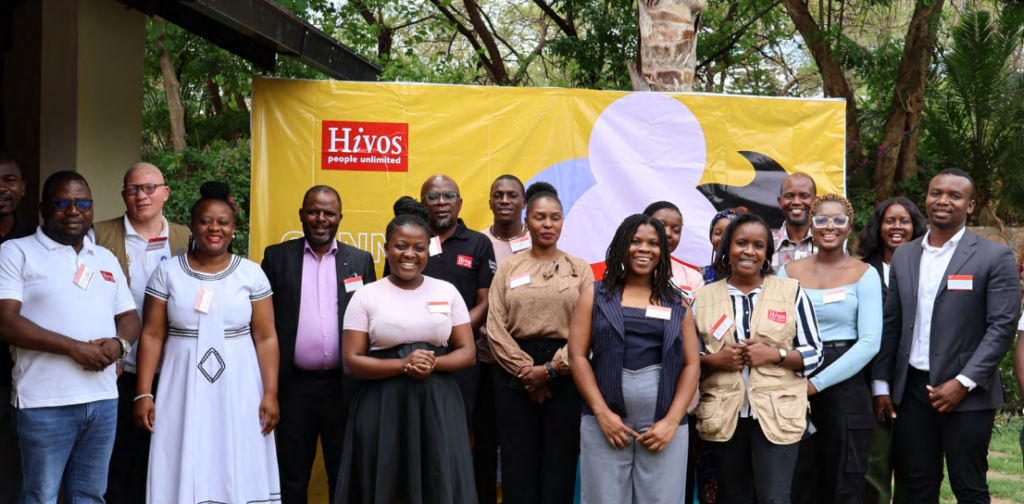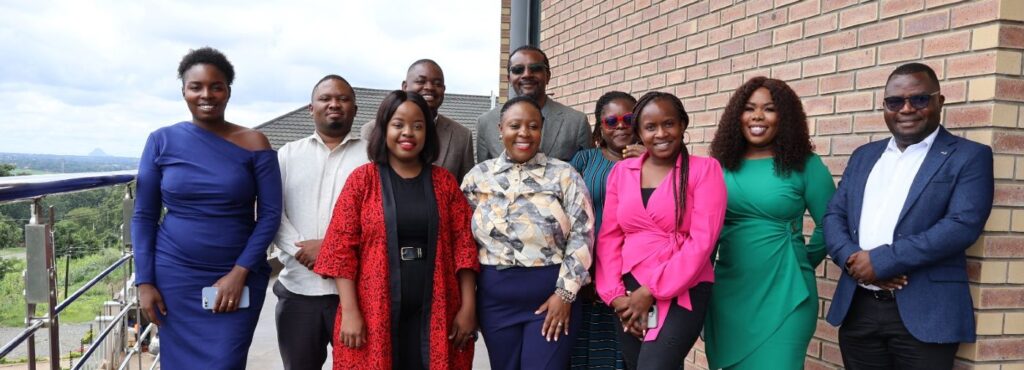18- 19 June, Brussels
Organised by the European Commission, the European Development Days (EDD) bring the development community together each year to share ideas and experiences in ways that inspire new partnerships and innovative solutions to the world’s most pressing challenges. This year’s theme: Addressing inequalities: building a world which leaves no one behind.
Hivos co-organizes two sessions and Rita Poppe (policy advisor in the Green & Inclusive Energy program) will participate in the first panel:
Clean energy to reduce health and social inequities
Enhancing collaboration between energy and health sectors to work together to improve health and livelihoods in Sub-Saharan Africa
June 18, 13:30-14:45
Organizers: WHO, UN DESA, UNDP, Energia, Hivos
Promoting the adoption of clean and sustainable energy in homes and healthcare facilities is a critical to reduce health and social inequity in sub-Saharan Africa. Often the same people exposed to dangerous levels of household air pollution and safety risks due to the lack of clean energy for cooking and space heating cannot access basic health services due to a lack of sustainable electricity at their health facilities. Participants will identify opportunities for enhanced collaboration between the health and energy sectors to improve the health and well-being of the poorest populations. A visual mapping of data on the health and social impacts from the lack of access to clean and sustainable energy will be used to launch a discussion about a new platform for energy and health.
For more info about this session visit eudevdays.eu
Energy for Refugees and Host Communities
Inducing Real Change for Displaced People
June 19, 09:00-10.15
Organizers: SNV, Practical Action, Giz, Hivos
According to UNHCR, there are 25.4 million refugees worldwide. Many of them live in refugee camps where they lack access to energy services, some of them for many years. In such situations, the humanitarian response becomes a form of long-term development.
Humanitarian organisations are committed to improving the living conditions in refugee camps. However, their financial and technical resources are limited.
This panel will discuss the possibility of market-based approaches implemented by a variety of developing partners, taking into account practical examples of on the ground success. It will raise the question of how humanitarian organisations such as UNHCR can work through such alternative delivery models and how development and humanitarian sectors can learn from each other.
More information about this session: eudevdays.eu
Please visit the eudevdays.eu website for more information about the event and program.




